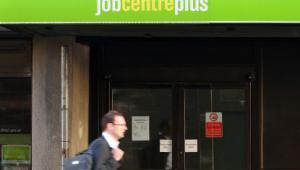In a ‘stocktake’ published today, the National Audit Office said HMRC was on course to meet its Spending Review fraud and error target (5.5% of tax credit spending by 2015/16), although DWP was not on track to hit its target (1.7% of benefit spending).
Although the introduction of Universal Credit – which merges six benefits into one – should help reduce future fraud and error rates, the long and complicated transition to the new system presents a significant risk, the NAO said.
Both departments were urged to strengthen how their monitor performance, as fraud and error will still be a problem after the introduction of UC. DWP is predicting that around £5.8bn of overpayments will still be at risk in 2020.
NAO head Amyas Morse said: “For over 25 years we have highlighted concerns about fraud and error, and departments’ limited inroads into the problem. The government continues to lose large amounts of money through fraud and error overpayments, reducing the money available for other purposes, and many vulnerable people get less support that they are entitled to.”
But he added there were reasons to be optimistic about opportunities to improve on current performance. In particular, the introduction of UC and the use of real-time information, which makes it easier for the system to respond to changes in claimants’ circumstances, were highlighted.
The NAO also noted four systemic issues where the two departments needed to continue to address in order to tackle fraud and error overpayments. These were: establishing clear strategies and governance; designing controls into the way departments work; implementing controls and interventions effectively; and measuring and evaluating performance.
Last week, both DWP and HMRC had their 2014/15 accounts qualified by the NAO because of benefit and tax credit errors respectively.
Responding to the report, a spokesman for the DWP and HMRC said that since 2010, the departments had prevented over £5bn of fraud and error.
“Tax credits error and fraud has almost halved and is now at the lowest level ever, while overpayments in the benefits system has fallen below 2% for the first time in a decade,” he added.
“The reforms we made to the benefit system will better guard against fraudsters. Universal Credit and Real Time Information alone are expected to save taxpayers £3.2bn a year, and we will continue to tirelessly pursue and recover payments from the minority who do try to abuse our system.”




















